: The Ultimate Guide for All Your Sewing Needs
Sewing has been around for centuries, providing both a practical and creative outlet for individuals. While the art of sewing has evolved over the years, the need for high-quality tools has remained constant. Whether you are a beginner or an experienced seamstress, having the right tools is essential for achieving professional-looking results. That’s where the comes in. This comprehensive guide will take you through all the must-have tools for any sewing project.
Essential Sewing Tools
The first section of the Slideshare focuses on the must-have tools for every sewing project. These tools are essential for any sewer, regardless of their level of experience.
1. Sewing Machine
The most important tool for any sewing project is, of course, the sewing machine. Whether you have a basic machine or a more advanced model, make sure it is in good working condition to ensure smooth and accurate sewing. Don’t forget to read the user manual carefully to understand all the features and functions of your machine.
2. Scissors
A good pair of scissors is a staple in any sewing kit. Invest in a pair of high-quality, sharp scissors for cutting fabric, and a smaller pair for trimming threads. It is crucial to keep your sewing scissors separate from regular household scissors to maintain their sharpness.
3. Seam Ripper
Let’s face it; mistakes happen in sewing. That’s where a seam ripper comes in handy. It can easily undo stitches, making it an essential tool for any sewing project. Look for one with a sharp point and a comfortable grip for easy handling.
4. Pins and Needles
Pins and needles are vital for holding fabric in place while sewing. Opt for good quality pins that won’t rust and are sharp enough to go through multiple layers of fabric without bending. As for needles, stock up on different sizes to suit various types of fabric and thread.
5. Measuring Tools
Accurate measurements are critical in sewing. Invest in a measuring tape and a clear ruler for precise measurements and markings. A seam gauge is also useful for measuring seam allowances and hems.
Specialty Sewing Tools
As your sewing skills advance, you may find yourself needing more specialized tools for specific techniques or projects. The next section of the Slideshare covers these specialty sewing tools.
1. Rotary Cutter and Mat
Rotary cutters and mats are essential for cutting straight lines and curves easily and accurately. They are especially useful when working with patterns or multiple layers of fabric. Just make sure to replace your rotary blades frequently for clean and precise cuts.
2. Sewing Patterns
Sewing patterns are an integral part of any sewing project. They provide you with a guide for cutting and constructing garments. Make sure to select a pattern that suits your skill level, and always take your measurements before starting a project.
3. Sewing Clips
Sewing clips are an alternative to traditional pins and are handy when working with delicate or thicker fabrics. They have a strong grip, making them ideal for holding layers of fabric together without causing any damage.
4. Dressmaker’s Carbon Paper and Tracing Wheel
When transferring markings and designs onto fabric, dressmaker’s carbon paper and a tracing wheel are essential tools. The carbon paper is placed between the fabric and pattern, and the tracing wheel is rolled over the design to transfer it onto the fabric.
Extra Sewing Tools for a Professional Finish
For those looking to take their sewing game to the next level, this section covers some additional tools that can help achieve a more professional finish.
1. Pressing Tools
Pressing tools, such as an iron and ironing board, are crucial for achieving crisp and clean seams. A tailor’s ham and sleeve board are also handy for pressing curved and hard-to-reach areas.
2. Sewing Machine Feet
A sewing machine foot is an attachment that fits onto the machine and helps in specific sewing techniques. Some common sewing machine feet include the zipper, buttonhole, and even blind hem foot.
3. Fabric Markers or Chalk
Fabric markers or chalk are useful for tracing patterns, marking darts, and other design details on fabric. They come in various colors, allowing you to choose one that contrasts with your fabric for better visibility.
4. Serger Machine
A serger machine is a type of sewing machine that trims, overlocks, and sews fabric edges simultaneously. It is ideal for finishing seams and creating professional-looking edges quickly.
In Conclusion
With the right tools, sewing can be an enjoyable and fulfilling hobby. The is designed to equip sewers with a comprehensive understanding of the necessary tools for achieving successful sewing projects. Whether you are just starting or have been sewing for years, this guide has something for everyone. Happy sewing!
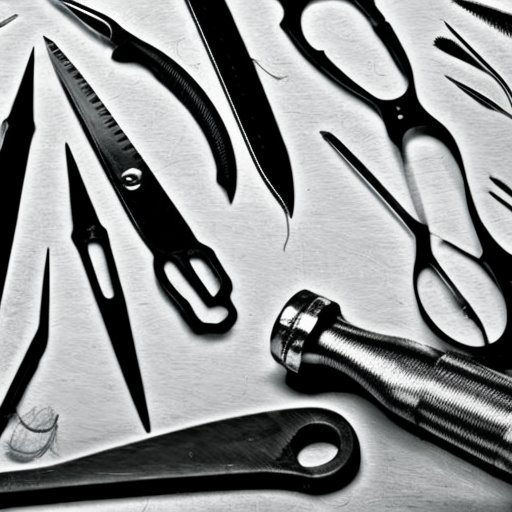
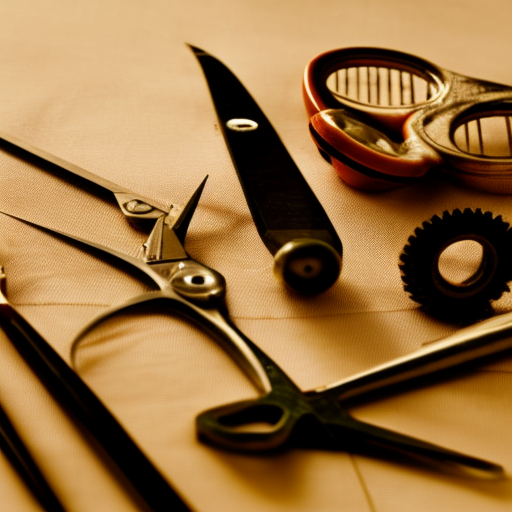
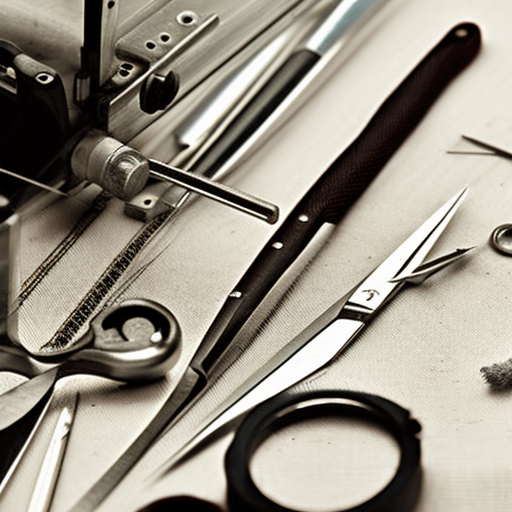
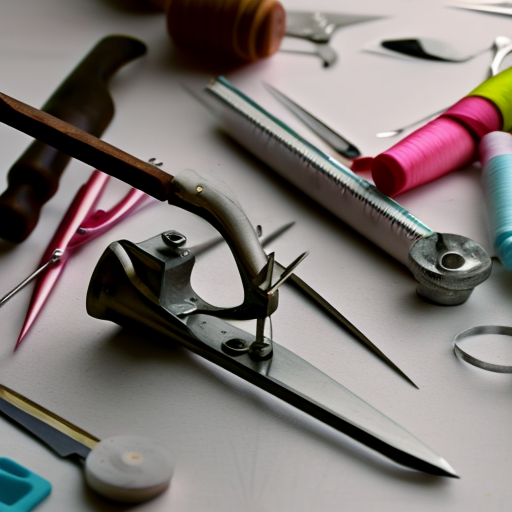
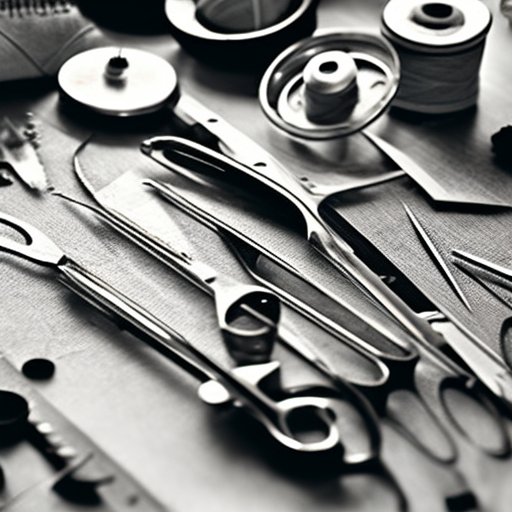
Great info!
John Doe: Very helpful!
Fab idea! This looks like a comprehensive overview of the tools needed for successful sewing projects. I’m sure many crafters will find this resource to be of great help.
Excellent resource!